Recent winner of the Global Fisheries Innovation Award aims to help replace single-use plastics
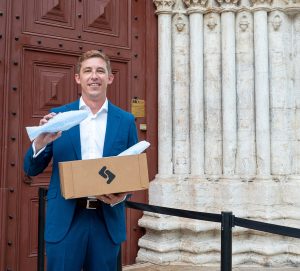
Cruz Foam, a California-based circular materials company making alternatives to expanded polystyrene (EPS) and other single-use plastics, announced this week that it secured $18 million in Series A funding, led by Helena, a global problem-solving organization.
Cruz Foam, which last month won the Global Seafood Alliance’s inaugural Global Fishing Innovation Award, is scaling the production of packaging materials made from chitosan, which is found in shrimp shells and is biodegradable.
“Cruz Foam’s Series A will allow us to accelerate and scale the commercialization of our circular materials to respond to the urgent market demand,” said CEO John Felts. “Helena is highly aligned with our mission and values. We are excited to collaborate with their team and our other partners to deliver proactive solutions to address the preventable environmental crisis of plastic pollution. Further, our conversion to a Benefit Corporation underscores our core values and commitment to this mission.”
The funding round was joined by One Small Planet, Regeneration.VC, At One Ventures and SoundWaves. Cruz Foam also announced its conversion to a Benefit Corporation, formalizing its longstanding commitment to creating a more sustainable planet.
“Petroleum-based products, specifically those designed for single-use, pose one of the greatest threats to our planet,” said Henry Elkus, founder of Helena. “Through our work and investment with partners like Cruz Foam we’re aiming to tackle the issue in a wholly innovative way to sustain meaningful change in the packaging space.”
The first line of Cruz Foam products targets plastic foam. The company was founded in 2017 by Felts and Marco Rolandi, chief science officer, with a mission to replace single-use, petroleum-based plastics starting with replacements for EPS and EPE and moving into cold chain and primary packaging for consumer packaged goods.
Follow the Advocate on Twitter @GSA_Advocate
Now that you've reached the end of the article ...
… please consider supporting GSA’s mission to advance responsible seafood practices through education, advocacy and third-party assurances. The Advocate aims to document the evolution of responsible seafood practices and share the expansive knowledge of our vast network of contributors.
By becoming a Global Seafood Alliance member, you’re ensuring that all of the pre-competitive work we do through member benefits, resources and events can continue. Individual membership costs just $50 a year.
Not a GSA member? Join us.
Author
Related Posts
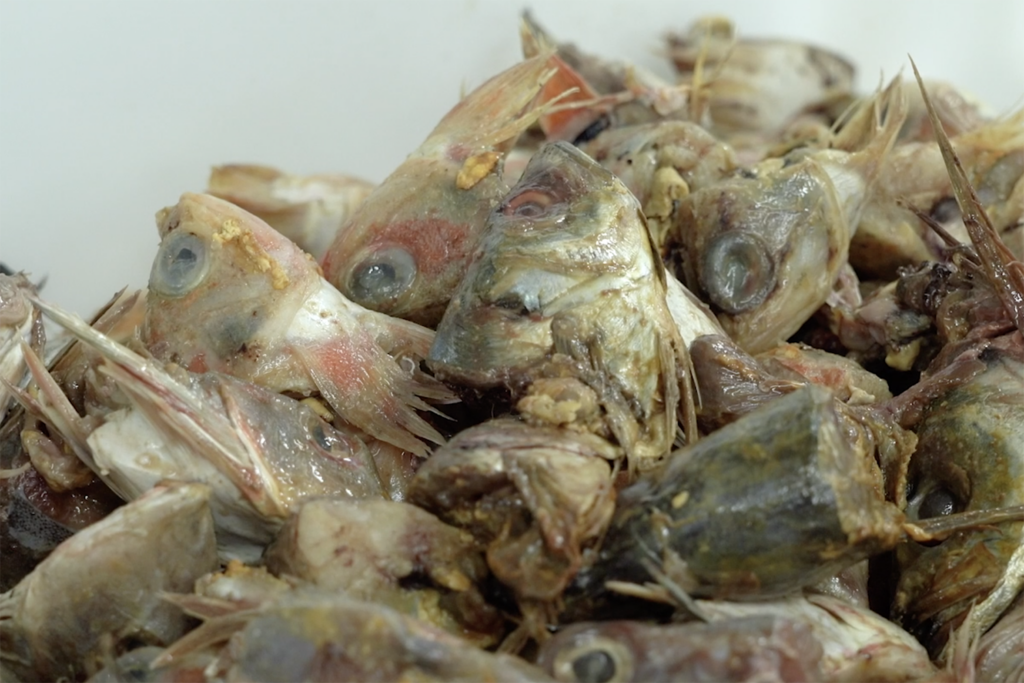
Responsibility
An introduction to circular economy principles in aquaculture
In the latest article from the GAIN project, implementing circular economy principles can help increase the sustainability of aquaculture production.
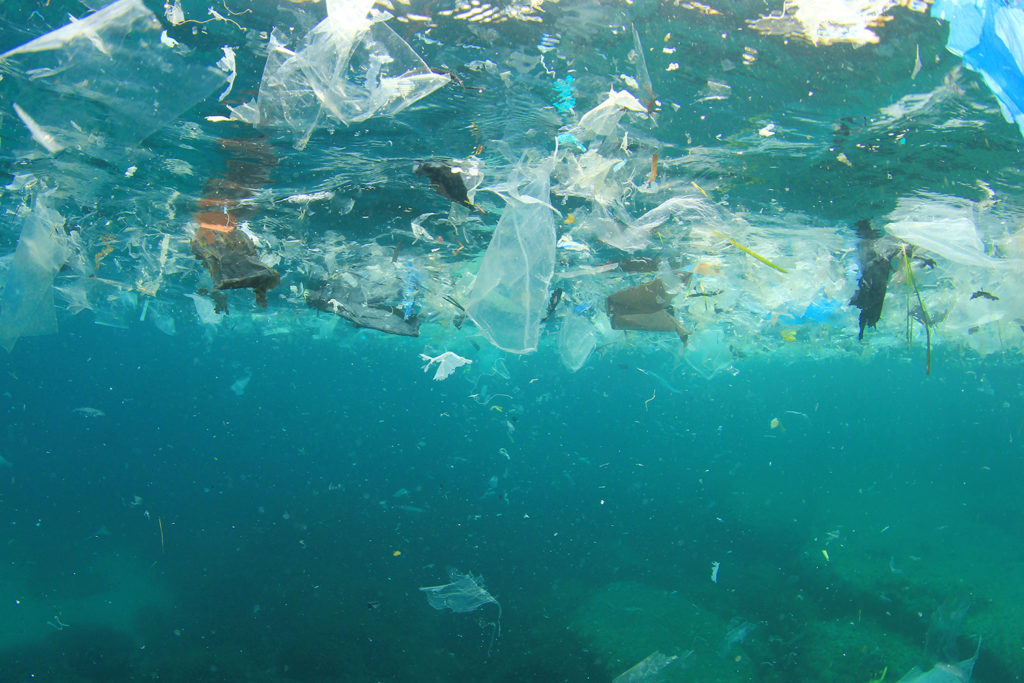
Responsibility
Australian researchers find microplastics in mussels
Researchers at Flinders University in Adelaide are warning about the presence of microplastics in both farmed and wild-caught seafood.
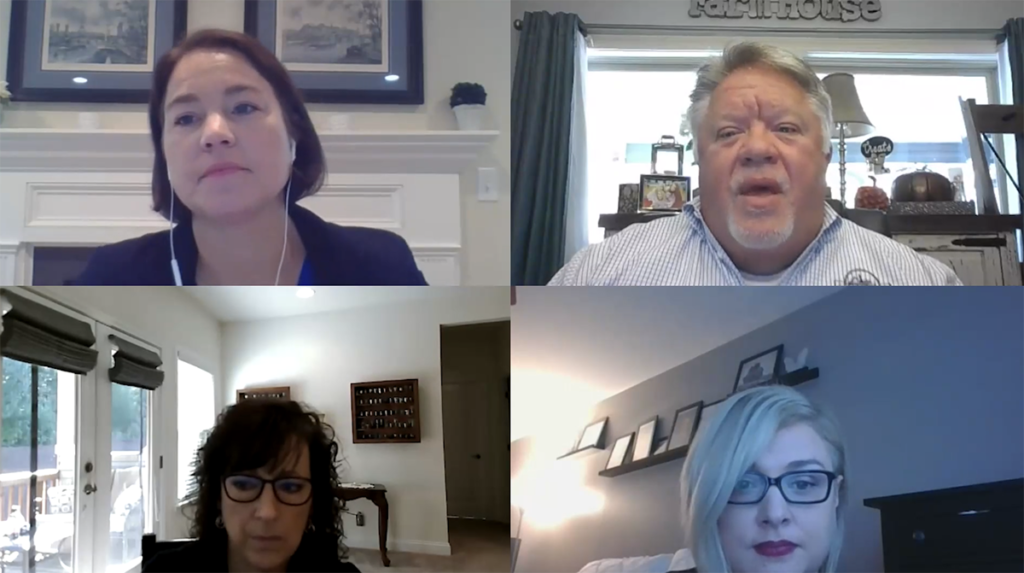
Intelligence
GOAL 2020: Seafood is on consumers’ plate and high on retailers’ agendas
With the retail and foodservice sectors working collaboratively, the seafood industry plugged crucial protein supply gaps and grew demand for fish.
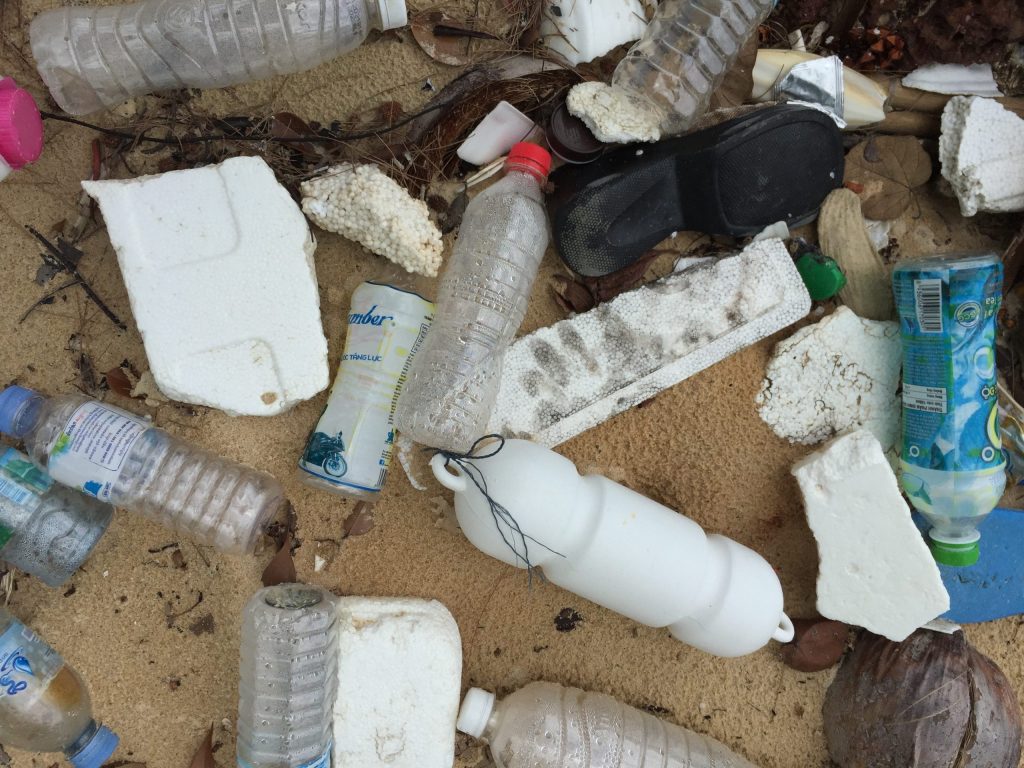
Responsibility
Expanded polystyrene is a ‘waste nightmare’ but could non-EPS seafood packaging reduce ocean pollution?
Expanded polystyrene is common in seafood packaging, but threatens marine life and human health as ocean pollution. A growing number of alternatives are emerging.



